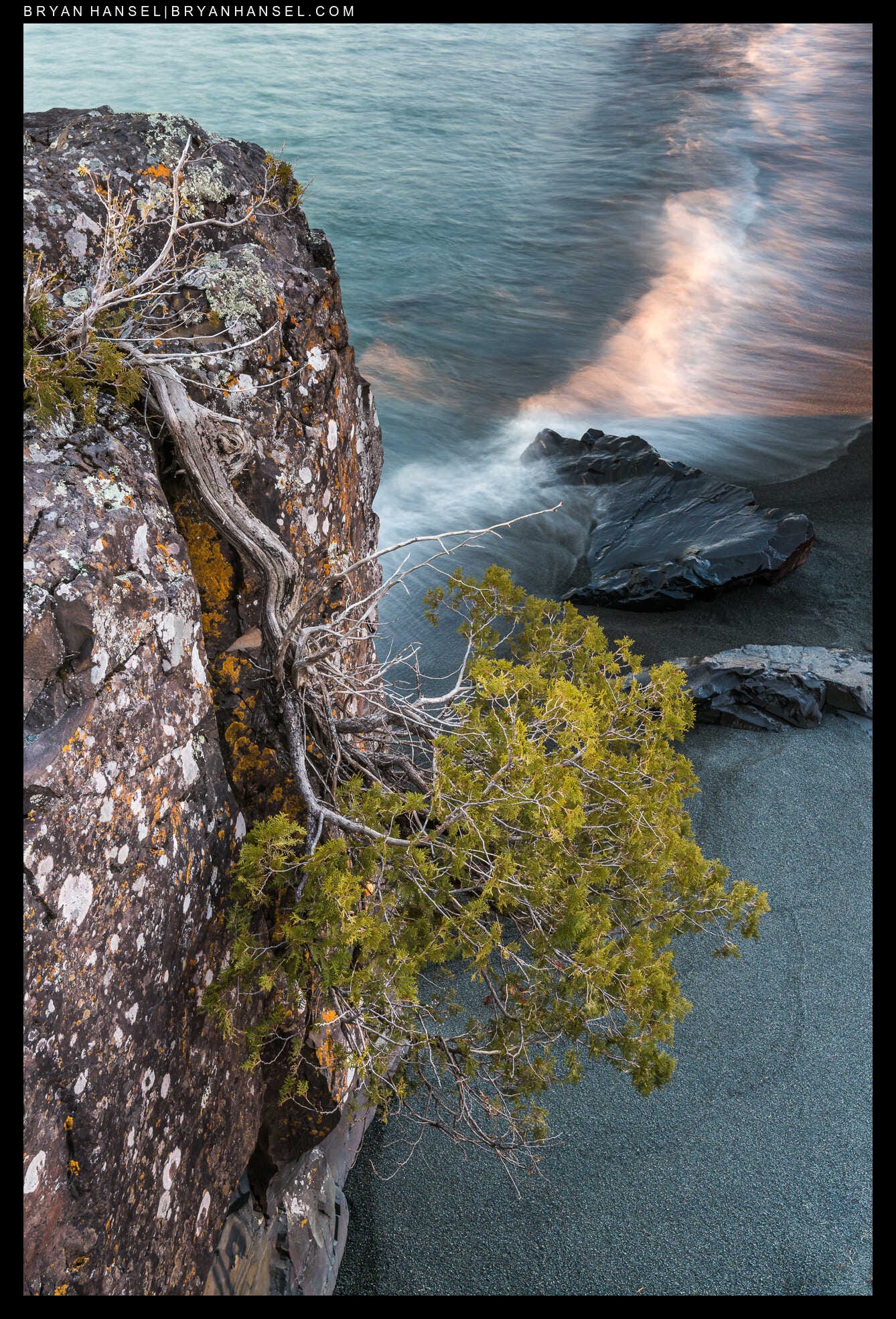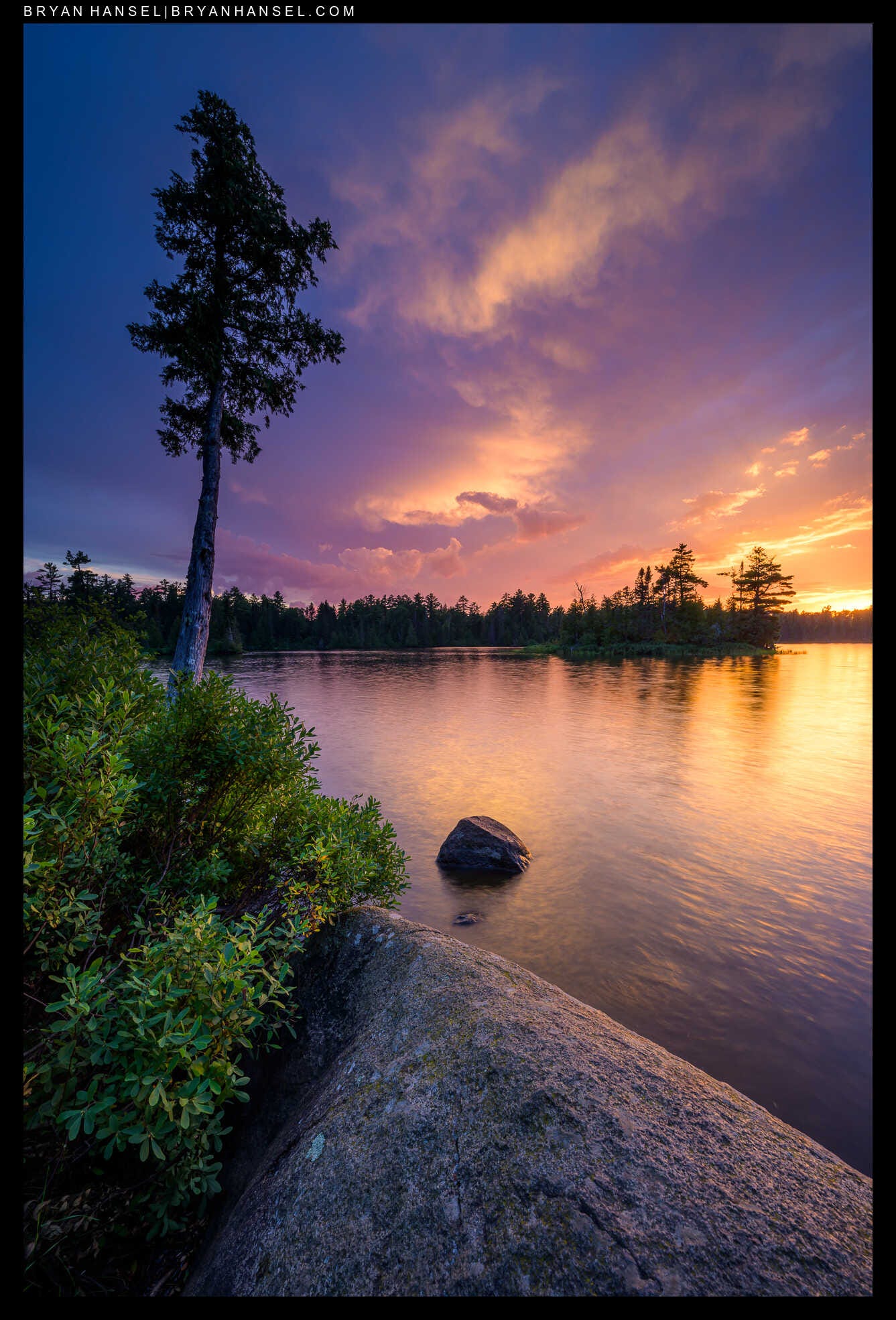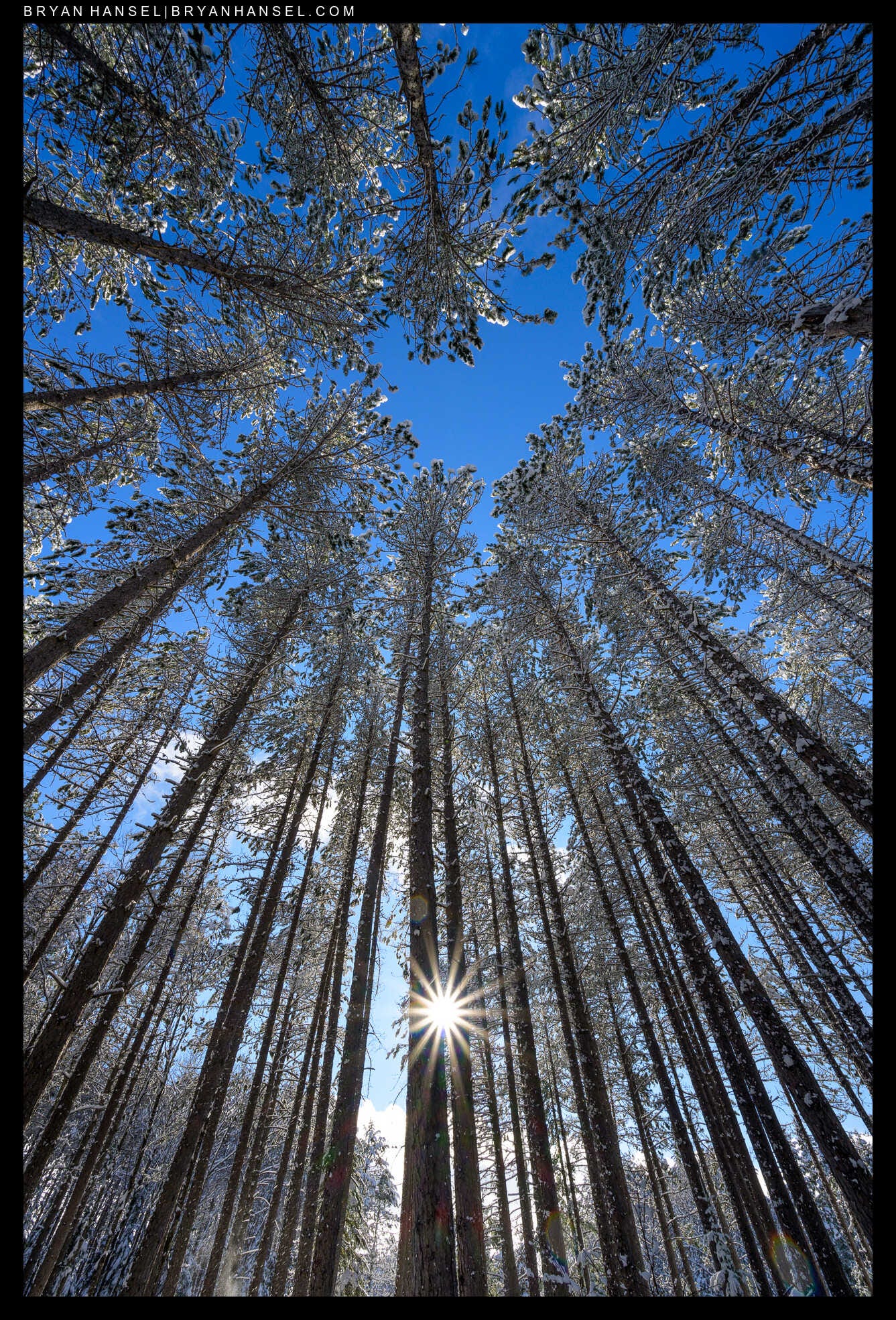Should we ring in the new year with a controversial topic? I think so. Based on the title you may think I’m going to pose the question, Is photography art?
That's not the topic.
It would be a good topic, especially if we dove into the history of photography instead of the pseudo-history of photography being pushed by people using AI image generators in relationship to trying to prove their activity is art. But, I digress and that topic is divisive for sure. “Is photography art?” isn’t the question or topic.
Instead let’s talk about artists and photographers? Are you one? Are you the other? How do you define yourself? Is it by your community or by the activities that you do?
I want to talk about how I’m trying to approach the “ers” and “ist” labels that we bestow upon ourselves and others when participating in activities. Are we art(ists) or are we photograph(ers) or are we brothers, fathers, daughters, mothers, sons, sisters, Minnesotans, Americans, Canadians, etc. that make photos and art.
While it may be tangentially related to making photos, how we view ourselves can translate into our photography. And calling ourselves a “ers” or “ist” can make us feel more serious, like we’re more devoted to our craft than laypeople.
My goal for this year is to move away from that idea of calling myself a photographer. Instead, I’m only going to identify myself with labels that involve belonging to a community. For example, I’m an American because I hold citizenship. I’m a father and husband and son and brother, because those describe my relationship to my family, which is a close community. I’m a Minnesotan, because I live in Minnesota and am a citizen of Minnesota. I’m a Grand Maraiser because I live in the community of Grand Marais. I’m a human, earthling, and animal as well.
But I’m trying to not think of myself as a photographer or artist or canoeist or kayaker or bicyclist or any other “er” or “ist” related to the activities that I do even if I do them professionally or often or devote all my free time to them.
Why?
First, defining ourselves by the things that we do divides us up into 100s of different categories. Second, the language is once or twice removed from the action of participating in the activity. For example, if I call myself a photographer, I have to rely on the definition — “a person who takes photos” as defined by Google’s Oxford Languages dictionary — to introduce action into the word. If I say “I make photos” the action — the verb — is already there. That’s what I actually do, and doing things is always better than labeling yourself as someone who does those things.
Pretend that we are at a social event, and you ask me, “What do you do for a living?”
I say, “I’m a landscape photographer.”
Okay, but I avoided the question.
I actually make or take photos. I don’t do being a photographer. If I say, “I make landscape photos” I actually answered the question, but I also didn’t set myself up as someone separate from others just because I do something. Almost everyone has taken a photo with a camera or phone, but I’m a photographer… Well, so are they. It’s basically meaningless as a term because it only says that we have taken a photo and define ourselves that way, but it separates us from them. It builds these exclusionary in- and out-groups.
I know.
I know.
It’s a subtle difference, but it makes a difference because there can be value judgements introduced by using “ers” and “ists.”
For example, pretend that you and I are at a social gathering.
You ask, “What do you do?”
I say, “I’m a professional landscape photographer.”
You say, “Oh, I’m just an amateur photographer.”
I’ve heard “I’m just” many times while discussing photography or other activities with people. For some reason, people tend to equate professional as better than amateur. The main difference isn’t the skills; it’s just that the professional makes a living doing the action. I don’t want to be part of a group that uses language to set myself apart and exclude others when we are doing the exact same activity.
So why have I included all these photos of a tree standing by itself?
It’s because by defining ourselves into ever more fractured groups, we isolate ourselves verbally. We isolate ourselves like a lone tree. Although we are just like the other trees, we try to stand alone and separate from our communities.
For this year, I’m not defining myself as a “photographer” or “artist.” I make photos and teach photography and I make art. I’m an American, Minnesotan, father, husband, son and brother. Those are the communities that I belong to, and if I belong to a club, which I do, I’m a member of the club.
Until next time
I hope you’ll give this topic some thought, and I’d love to hear your thoughts on this topic. Am I crazy for trying to shift my views about how we define ourselves, how we relate to each other and how we belong by changing the language around how I view myself and others?
Am I crazy for wanting to be part of a photography forest instead of being a lone tree photographer?










I know what you are saying, and I have a lot of sympathy with it, but ... but I don’t define calling yourself a “professional” photographer (or any other group - I am a biologist and a pathologist and probably a couple of other -ists) as only meaning you make a living from it. To define yourself in this way is to say that you have acquired knowledge and skills that go above and beyond those of most exponents of the subject and can answer questions/teach with confidence. That’s all - professions are hard won, don’t be embarrassed by what you know and do.
Thought provoking topic. Just last week I was asked (online) if I’m a professional photographer. I didn’t know what to say! I take photos. I capture moments in nature one photo at a time. I’ve sold photos and calendars. I’ve photographed a couple weddings (never again!).But does that make me a professional? I don’t think so. What money I receive goes back into the hobby - a new lens, for instance. Maybe I’ll respond to the aforementioned that I take photos. I capture moments in nature.